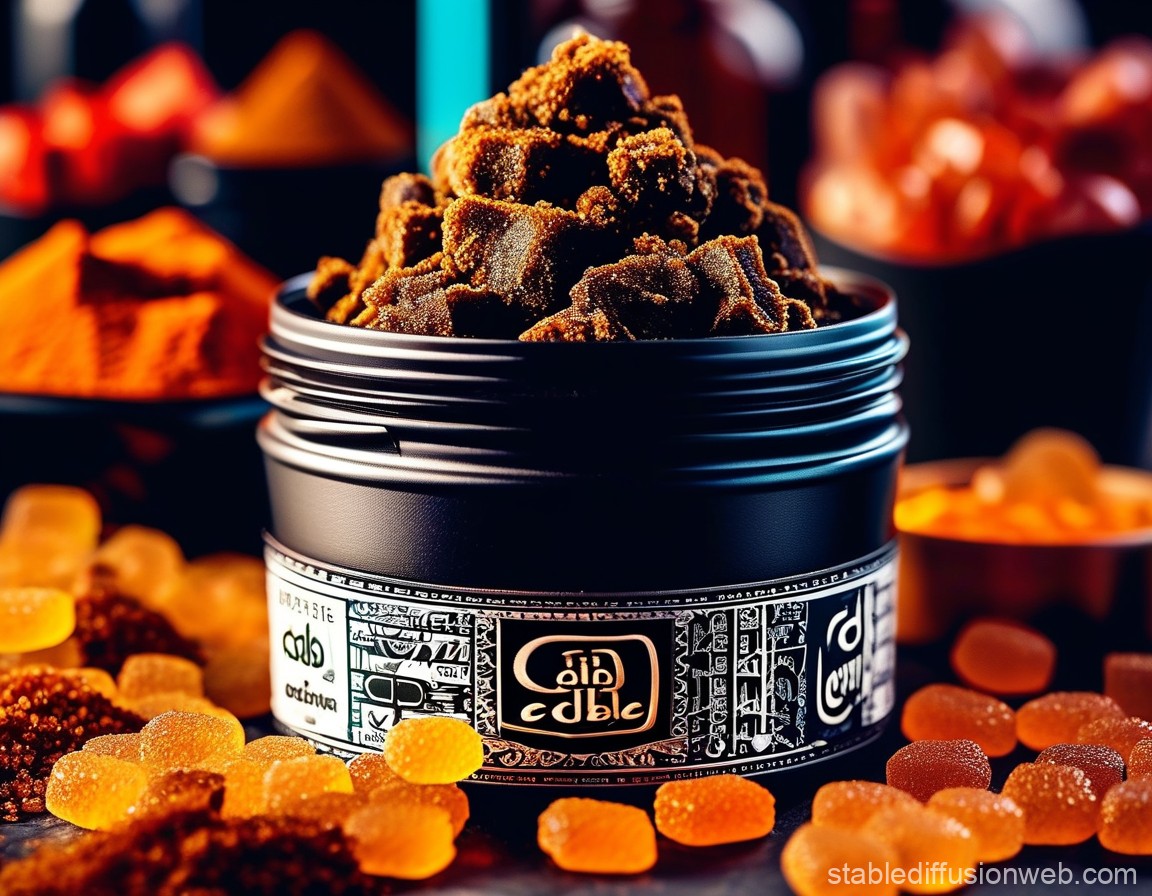Introduction to CBD Edibles
CBD edibles have surged in popularity over recent years as an alternative way to consume cannabidiol (CBD). These products offer a convenient and tasty method to reap the potential therapeutic benefits of CBD, but they come with their own set of advantages and downsides. This guide aims to provide a balanced view of both the benefits and risks associated with CBD edibles, enabling you to make an informed decision.
What Are CBD Edibles?
CBD edibles are food products infused with cannabidiol, one of the many compounds found in the cannabis plant. Unlike THC (tetrahydrocannabinol), another psychoactive compound in cannabis, CBD does not produce a “high.” Some common forms of CBD edibles include gummies, chocolates, candies, beverages, and even baked goods.
The Benefits of Consuming CBD Edibles
Non-Psychoactive Relief
One of the most appealing aspects of CBD edibles is that they provide non-psychoactive relief. This means users can potentially experience the therapeutic benefits of CBD without the mind-altering effects associated with THC. Many individuals use CBD edibles to alleviate conditions like anxiety, chronic pain, and insomnia.
Long-Lasting Effects
When you consume CBD in edible form, it goes through the digestive system before entering the bloodstream. This process takes longer but allows for a more extended release of CBD, providing long-lasting effects compared to other methods like smoking or vaping.
Ease of Consumption
Edibles are a discreet and easy way to consume CBD, especially for those who may find other methods like tinctures, vaping, or smoking less convenient or appealing. They often come in pre-measured doses, making it easier to monitor and control your CBD intake.
Variety of Choices
The range of available CBD edibles is vast. From gummies and chocolates to beverages and baked goods, there is likely an option that will suit every preference and dietary need, making it an enjoyable experience.
The Risks and Downsides of CBD Edibles
Delayed Onset Time
One significant downside is the delayed onset time for effects. Because the CBD has to pass through the digestive system, it can take anywhere from 30 minutes to two hours to feel the effects. This could complicate dosage management, especially for new users who might be expecting quicker results.
Variable Dosage
Another risk associated with edibles is the difficulty in accurate dosing. While many products are labeled with specific doses, individual absorption rates can vary, leading to unpredictable effects. This variability can be a challenge for those looking to achieve a consistent experience.
Poor Quality Products
With the increasing popularity of CBD edibles, the market has seen a surge in products. Not all of these are created equal. Some may contain low-quality ingredients, insufficient CBD, or even mislabeled doses. Always verify the brand’s reputation and look for products that have been third-party tested for quality and accuracy.
Potential Interactions with Medications
CBD is known to interact with certain medications, particularly those metabolized by the liver. If you are taking prescribed medications, it’s crucial to consult with your healthcare provider before adding CBD edibles to your regimen to avoid potential interactions.
Conclusion
CBD edibles offer a palatable and convenient way to enjoy the benefits of cannabidiol, but they aren’t without their downsides. Understanding the pros and cons can help you make an informed choice about whether CBD edibles are right for you. Always do your research, choose quality products, and consult healthcare professionals when necessary.


